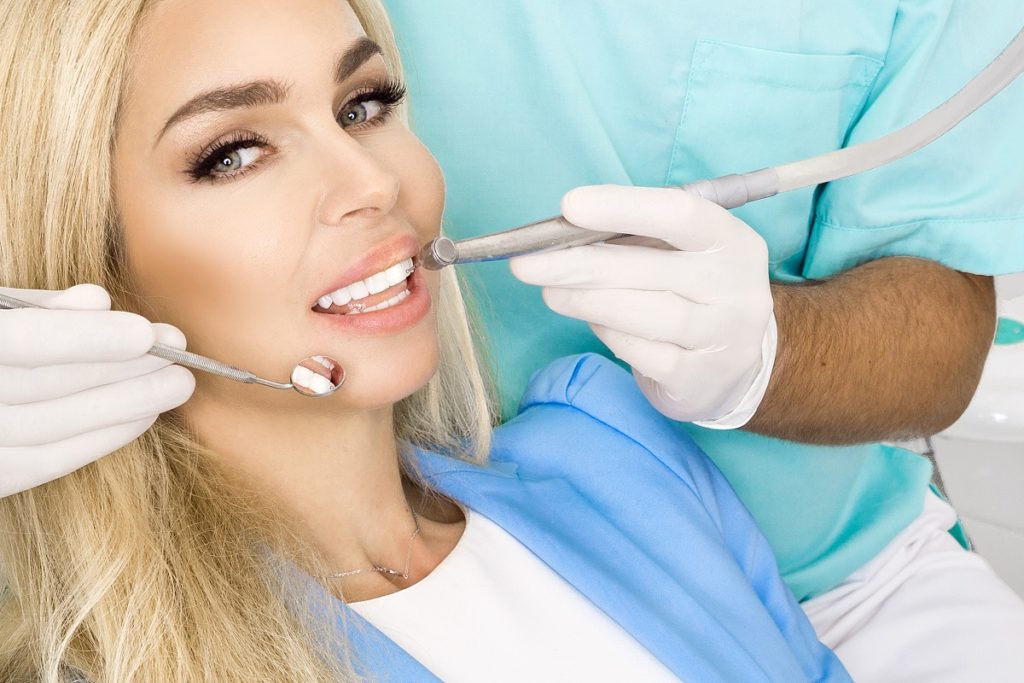A straight, bright smile reflects good oral health. Having crooked teeth, on the other hand, might not only tarnish your confidence but also bring serious health risks.
What causes crooked teeth?
Genetics
Just like hair or eye color, the dental markers that result in crooked teeth often come from your parents.
For some people, the size of their mouths can lead to crowded teeth. A smaller mouth can cause teeth to shift. Similarly, misaligned jaws can lead to irregular protrusions called underbites or overbites. When this happens, upper or lower teeth extend beyond each other and appear crooked.
Bad habits
Prolonged habits during childhood, like sucking on a thumb or pacifier, can contribute to the development of crooked teeth.
Other myofunctional habits like tongue-thrusting, breathing through the mouth, and reverse swallowing can cause continued jaw misalignment and teeth crowding.
Illness or injury
Any trauma to the face, including mouth or jaw injury, can cause teeth to displace severely. When teeth are lost or cracked due to injury or illness, the remaining teeth will gradually move to fill that open space over time. In cases like these, seek help from an experienced orthodontist immediately. They might still be able to restore lost teeth and correct alignment if the injury is still fresh.

Poor nutrition and dental care
What you eat matters. Sugary food and drinks can lead to tooth decay and poor dental development, which are both potential causes of crooked teeth.
Neglecting your dental appointments can also lead to untreated cavities and gum diseases. The longer they go untreated, the more dental problems they bring. Visit your dentist at least once every year to avoid minor issues from escalating.
Complications to watch for
Misaligned teeth can affect various aspects of your life. For example, they can interfere with your ability to chew and cause pain when eating. Improper chewing can also cause digestion problems.
The cracks between crooked teeth can cause plaque to build up and harden. This can lead to periodontal disease, a severe infection known to damage teeth and gums. Lingering bacteria can also give you bad breath.
Additionally, misaligned teeth can cause speech problems. People with crooked teeth might have a harder time articulating sound properly, which can affect their self-esteem. Some people feel so self-conscious that they avoid social situations or public speaking.
Treatment options
No one is ever too old to get their teeth straightened. Thanks to technology, there are various orthodontic treatments designed to realign crooked teeth and lessen your risk of tooth decay.
Braces are usually the standard option for children who still have soft gums and bone tissues. That said, adults still use them as long as their teeth and gums are healthy enough to keep them in place. Treatment can take anywhere between two and three years. For adults who wish to avoid clunky metal wires, lab-produced clear aligners are a great alternative. Unlike braces, they’re invisible and easily removable. For quicker results, teeth-straightening surgery is an effective, albeit costly option.
Having crooked teeth is more common than not, but that doesn’t mean you should neglect them. It’s always better to fix dental issues before they affect your mind and body.


